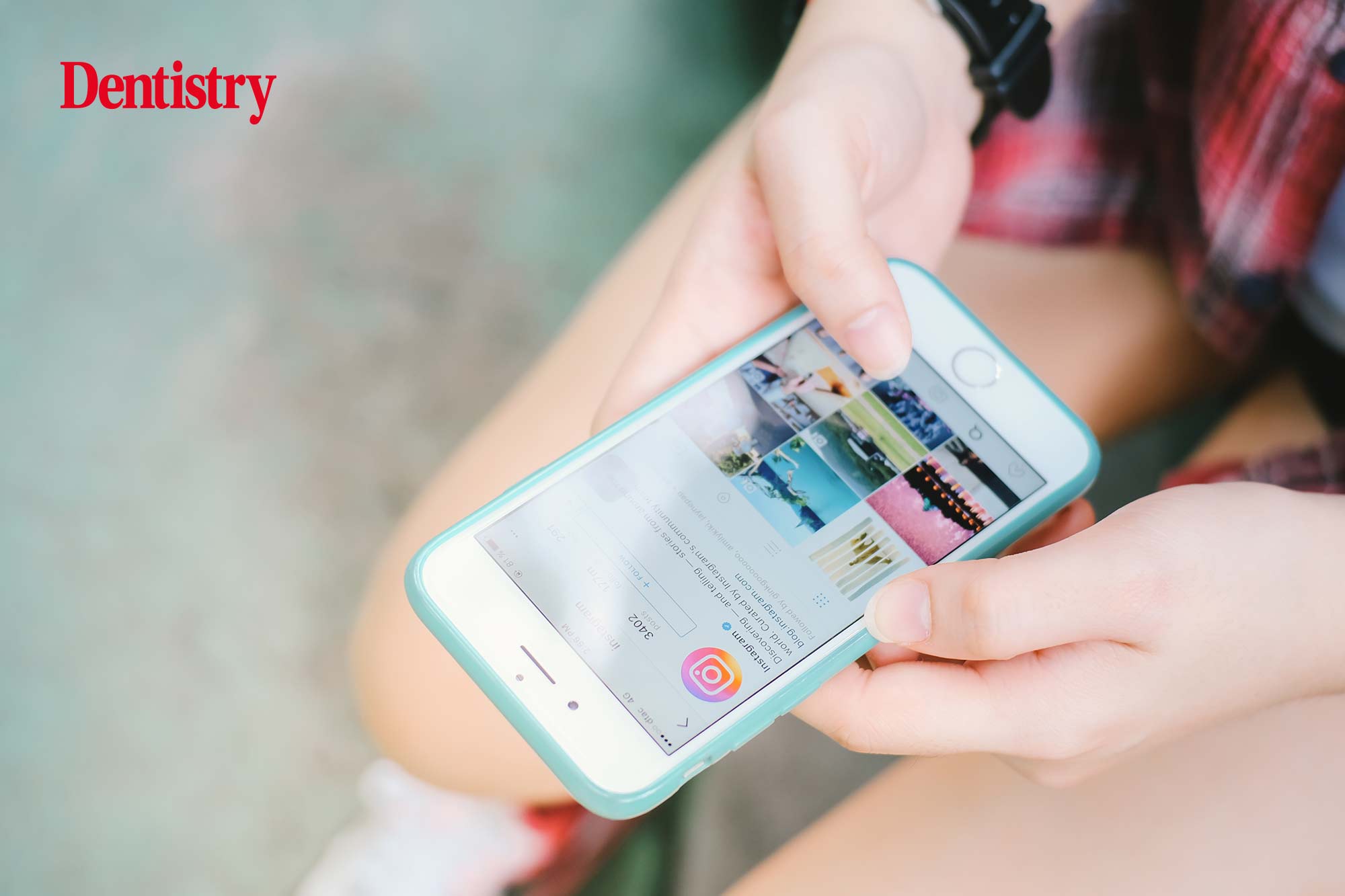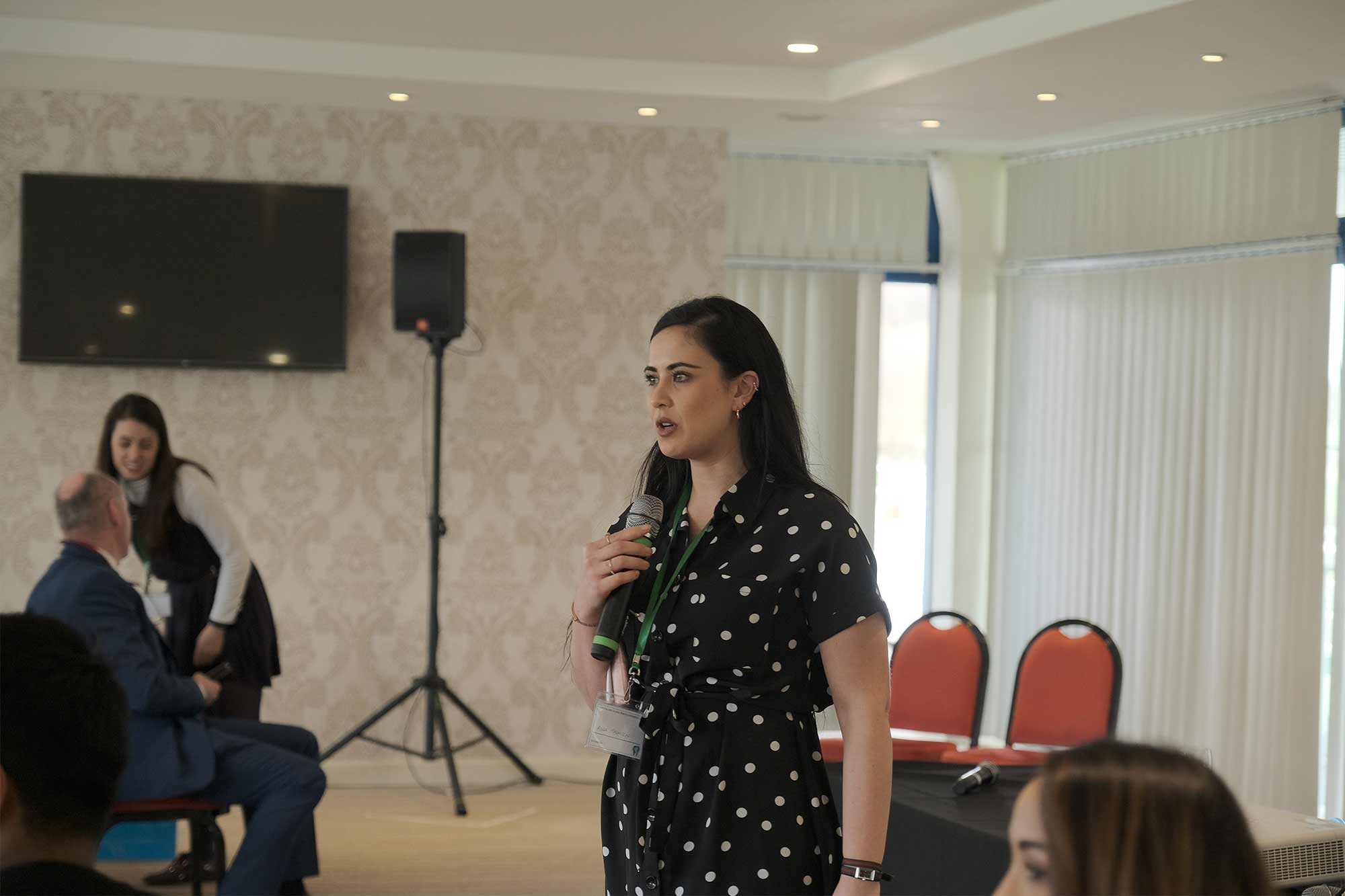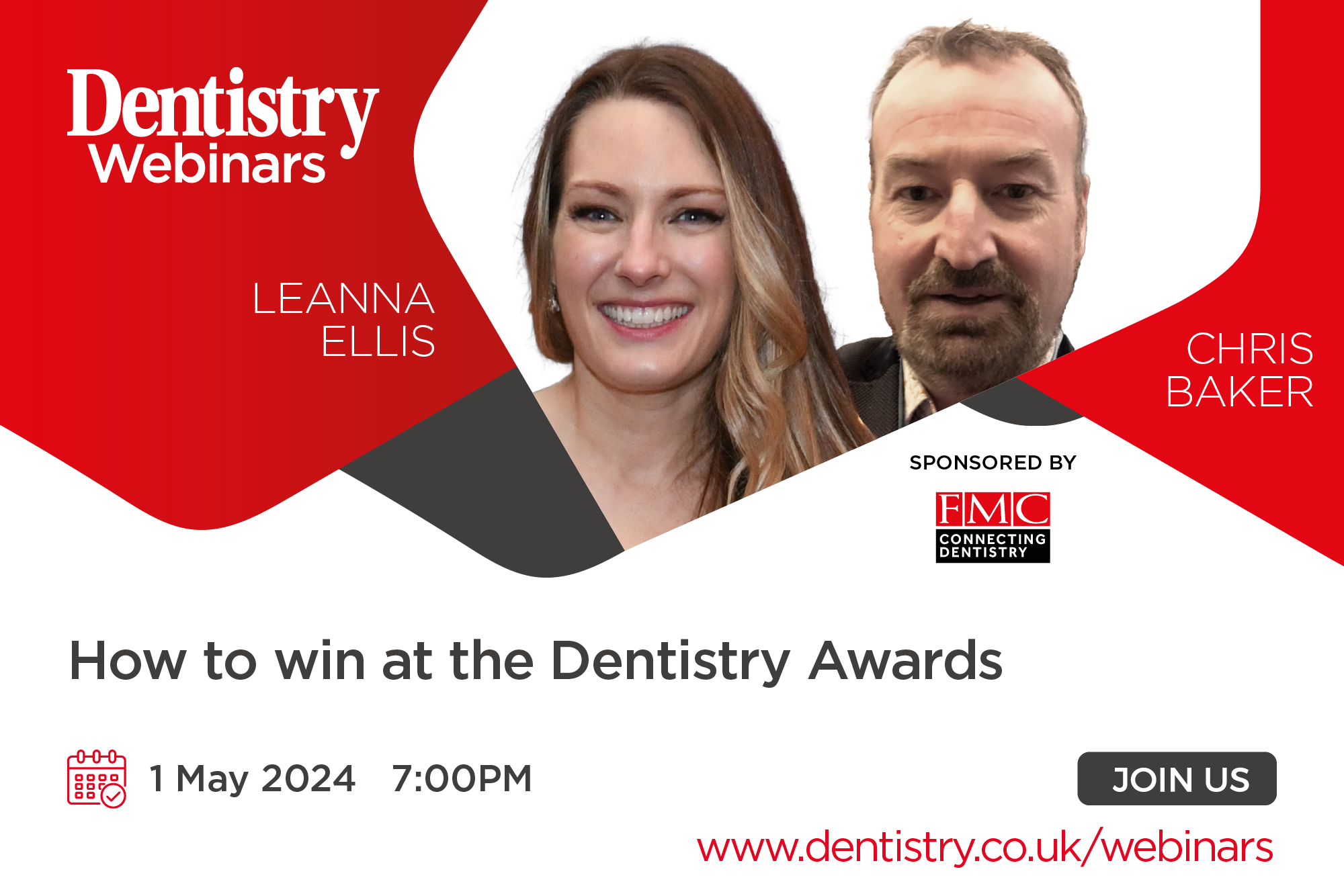 Asha Thomson discusses the challenges of social media and how it can be better utilised by the dental profession.
Asha Thomson discusses the challenges of social media and how it can be better utilised by the dental profession.
Do you think social media benefits the dental profession? Are there any downsides?
Social media, like many things, has both benefits and drawbacks.
Social media has been a trailblazer for education within healthcare and, in general, has allowed creativity to flourish and communities to thrive. I have made great friends within healthcare through social media platforms, who I may never have encountered in a work or social setting.
The emergence of social media allows people to connect instantly, no matter where they may be in the world.
Within dentistry, education is proving to be essential reading. Social media allows content to be readily accessible, for not just dentists and dental care professionals, but also for our students and patients.
In this digital era, being able to access educational content from experts at your fingertips and connect with like-minded individuals is fabulous!
In addition to this, if we think about the topic of peer review, dentists and dental care professionals can share clinical cases (with full consent) with one another. This has allowed others to feel inspired and creates a sense of empowerment and motivation within the dental community.
Morale can be lifted through this virtual professional community, whether on platforms such as Instagram, Twitter, Facebook, Linkedin and newly emerging social media and messaging channels, such as Whatsapp, Tiktok and Clubhouse.
Segregation and disengagement
Another unintended benefit is that it provides a mirror of the talent within the dental profession.
Being a professional and maintaining professional standards is critical. However, we should be challenged to have positive interests outside of healthcare.
Seeing the talent which the dental and healthcare professions holds with regards to fitness, business, artistry, dance, sport, poetry, and music has been incredible and emphasises the skills which we, as humans, hold.
The cracks in social media, however, begin to appear when it is used as a tool to disempower one another. This inevitably causes segregation and disengagement, resulting in a sense of hostility.
More cracks begin to form when people use social media as a comparison to their own lives. Hence why it is so important to remember that what is seen online is not always a true representation of someone’s life.
Accept society
They key points taken from Royal Society for Public Health (RSPH) ‘Social media and young people’s mental health’ #Statusofmind report highlighted:
- 91% of 16-24-year olds use the internet for social networking
- Social media has been described as more addictive than cigarettes and alcohol
- Rates of anxiety and depression in young people have risen 70% in the past 25 years
- Social media use is linked with increased rates of anxiety, depression and poor sleep.
These findings don’t exclude our dental students or early careers dentists. We must accept the society we live in now is different from previous generations and has different life pressures.
The report also highlighted other potential damaging aspects of social media was negative body image and cyber bullying. Sadly, everyone is vulnerable to online bullying and harassment.
I, like many others, have not been immune. I have had people create fake accounts and send me written abuse to my direct messages, both racially and non-racially motivated, and even had people attempt to hack into my social media accounts. People may say that this is because I have deliberately exposed myself by existing online. But I don’t understand how this behaviour can be condoned.
While this is a rare experience, the volume of positive messages eradicates this negativity. This emphasises the importance of supporting our peers online. However, everyone handles experiences differently. I know some of the vile messages I have received could have a very detrimental impact to a more vulnerable person.
We must remember while we encourage the benefits of social media, the dental profession is not immune to the drawbacks and negative effects.
You recently spoke out and urged colleagues to think about some of the opinions they posted on social media sites. Why did you do this?
My parents raised me to always show kindness. This is a value I live by.
However, being kind does not mean having a role as a bystander. How will this world change positively if we don’t take steps to change it? This applies to being online or in person, I don’t shy away from asking people to reflect on things that are done if there is potentially a better way of doing so.
Self-reflection is vital for how we develop as humans and professionals. I am always overwhelmed by the lovely, positive, messages I received.
As a clinician being professional, compassionate, ethical, empathetic and kind are essential attributes. Within my leadership role and for authentic leading, compassion, empathy, ethics and kindness is crucial for those that we lead. Within my educator role and for educators compassion, empathy, ethics and kindness is vital for those we teach/mentor.
This means that in reality, many of us should be living our life daily with compassion, ethics, empathy and kindness. We are all human, none of us are perfect. But we can self-reflect, take responsibility for things we can do better and empower others to do the same.
Civility and kindness in the workplace has been proven to improve efficiency. In healthcare it is proven to improve patient outcomes. It would be clear that opinions articulated in a civil and kind manner would have a better response in being received, thus more likely to create a positive change. So why should we not do this with each other?
Do you feel social media is the right place to offer advice/mentor younger dentists?
Social media can be a tool to empower, educate and support younger colleagues, or the way I prefer to describe these lovely people are ‘early careers’ dentists and dental care professionals.
It can definitely be used to offer advice and mentor young dentists and dental care professionals. However, I think the question should be reframed as: ‘Is the use of social media in its public sense the right place to offer advice and mentor younger dentists?’
Let’s put it in simpler terms. If you are teaching/supervising/lecturing and you feel you may want to offer criticism or constructive feedback/guidance to your student/trainee/peer. Would we decide to open up a big room and invite any person into this room and give this feedback/advice in front of everyone?
And when I say ‘invite any person’ it includes anyone from the public and other healthcare professionals. The reason I am asking this is because when people may say they are offering advice/constructive/non-constructive criticism publicly on social media in a personal sense, this is essentially what they are doing. But in an online digital platform instead of a face to face capacity. We know that online is more accessible and so this is more amplified.
More accessible
With the advances of social media, the platforms have many private functions. For example direct messages and tailored privacy settings. So why not offer advice directly to the person(s) who are to receive this advice or guidance?
In terms of education/coaching/mentoring – unless the goal of advice was the same for each individual person(s) or relevant to everyone within the room – then it would be very unlikely that an individual giving this advice, guidance or criticism to a single person would do this publicly in an ‘anyone can attend’ room.
It does happen but we must remember that generalising constructive feedback and advice is different from personalising and directing it.

You mentioned the importance of engaging younger dentists, rather than posting negatively. What do you mean by this?
For early years dentists and dental care professionals and students – they view anyone with experience within the profession as someone to look up to. This is the same whether it is online and in person. People may not ‘like’ or ‘comment’ on social media but there are many people actively observing who will also be impacted by these adverse comments.
These people observing range from students to members from other professions. How we present ourselves and represent the profession will do one of two things for those coming into it, spark empowerment and engagement, or cause detachment and disengagement.
Do we want to be seen as a positive profession driving change and encourage the right people into our profession? Or do we want to be seen as a negative profession that is quick to shoot down anyone that says the wrong thing or may not fit the status quo?
Every profession has challenges and barriers. We as a profession must drive change positively so the next generation can build on these opportunities.
Liberating
Within a resilience programme my colleagues and I have developed, we discuss ‘energisers and drainers’. We all have people in our life who are seen as ‘energisers’ and those who are categorised as ‘drainers’. Sometimes you cannot control whether these people (or even peers) are within your life or not.
But you can certainly maximise your time with energisers and restrict time with drainers. This equally applies to social media. You can mute or unfollow anyone causing you to feel negative. Give it a go and feel how liberating it can be!
How best do you feel dental professionals can use public platforms to educate and mentor?
Education and mentoring are very different. I don’t feel that there is true value in ‘public mentoring’ as coaching and mentoring should be between the mentor/coach and the one being coached/mentee.
This should be done in a more private setting. I don’t feel it would have as much benefit if it was done publicly. However, education and advice is different.
Social media platforms can be used to provide any sort of education whether this is from ‘oral hygiene instruction’ to ‘how to put your CV together’. Videos, posters, podcasts, social media stories – there are so many creative ways. I am sure there will be many more to come!
Where do you think things need to improve or change among the dental community on social media?
Civility and kindness and collaboration instead of competition. I strongly believe this is relatable to the whole world on social media and not just dentistry! In this world, you can be constructive with your comments and feedback without shooting others down. I think this is something we need to learn.
Even if you disagree with something someone has said or done, why not contact them for a chat privately to discuss? Society is changing and so does the way we do things and we should be encouraging development and working together on this.
We need to be more kind to one another, as we never know the true extent of someone else’s story. We should treat others how we wish to be treated. Let us use social media to inspire and motivate the next generation of dental professionals, promote global oral health and positively impact this world!
We are a professional community with such incredible people, amazing talents, and wonderful hearts. Let us start showcasing our wonderful profession with all the amazing things we do for our patients, each other and this world and let us do this together! #bettertogether – this is the theme of our virtual Global and Oral Health Conference on the 14 of August. I hope to see you there!
Follow Dentistry.co.uk on Instagram to keep up with all the latest dental news and trends.



